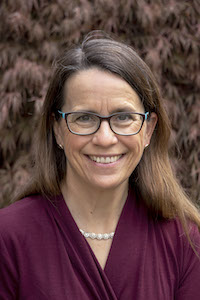Abstract: A central challenge for chemistry instruction is teaching students approaches and skills for solving authentic problems. We have been investigating the continuum of approaches used by novice to expert students in two different areas of chemistry education: organic chemistry classroom instruction and undergraduate research experiences. Although quite different in the mode of instruction, both have the goal to teach students concepts, skills, and metacognitive approaches that enable productive approaches to solving authentic problems. For organic chemistry instructors a small set of fundamental problems, including predicting reactivity, proposing mechanisms, and designing syntheses are encountered frequently by both students and practitioners, who need to utilize vast amounts of content knowledge to generate reasonable solutions. We have investigated student approaches to complex predict-the-product problems. Based on these investigations, we have developed a general workflow model that serves as both a potential instructional tool and a model for student thinking. Within undergraduate research experiences, graduate student mentors are typically the instructors of complex concepts and scientific practices. We have developed several instruments to measure how students understand and connect the components of their research projects and to characterize the progression of student expertise and reveal weaknesses in the learning outcomes of undergraduate researchers. This information has informed the development of a 5-part workshop series aimed at supporting graduate student mentors to develop effective teaching practices for their undergraduate mentees to improve learning of scientific practices and content for undergraduate researchers.
Speaker:
Institution:
Location:

